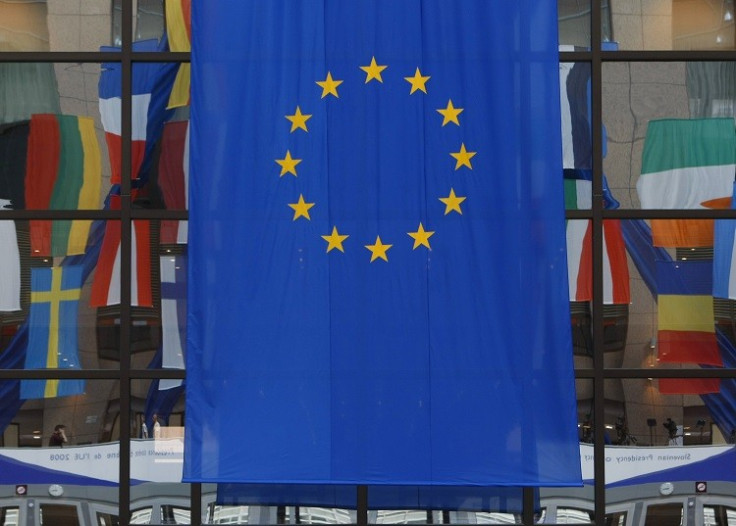EU Closing Double-Taxation Loophole That Helps €1tn Escape Taxman Every Year

Loopholes that allow €1tn a year to escape Europe's tax authorities through avoidance and evasion are gradually being closed.
The Council of the European Union (EU) has agreed to stop firms abusing one loophole in the law that is supposed to prevent them from being taxed twice across borders on the same profits.
Under the parent-subsidiary directive, subsidiaries can transfer profits to their parent company in another country without them being taxed twice.
The rule exempts parent companies from paying corporation tax on the profits they receive from subsidiaries in other tax jurisdictions.
But some EU member states allow subsidiaries to make their profit transfers to parent companies, which usually take the form of a loan, tax deductible – a loophole that lets profits to go untaxed.
Under the EU Council's newly approved amendment to the parent-subsidiary directive, member states are now able to tax incoming profits from subsidiaries if they have been used as tax-deductible loans in the country of origination.
"The amendment to the parent-subsidiary directive will help boost member states' tax revenues," said the EU.
"Furthermore, it will help create a level playing field between groups with parent companies and subsidiaries located in different countries and those that have all entities based in a single member state."
EU member states have until the end of December 2015 to make the amendment national law.
How the double-taxation loophole worked.
A is the parent company and B is the subsidiary, which operates in a different country. B makes £1m profit. It lends that £1m to its parent, A, via what is known as a "hybrid loan arrangement". B then reports in its accounts that it made zero profit that year because of the loan and so does not pay corporation tax. Under the parent-subsidiary directive, A does not have to pay tax on profit transfers from B, despite them having already been used as tax deductible by B in the country where it operates. Therefore no tax is paid on B's profit.
© Copyright IBTimes 2025. All rights reserved.






















